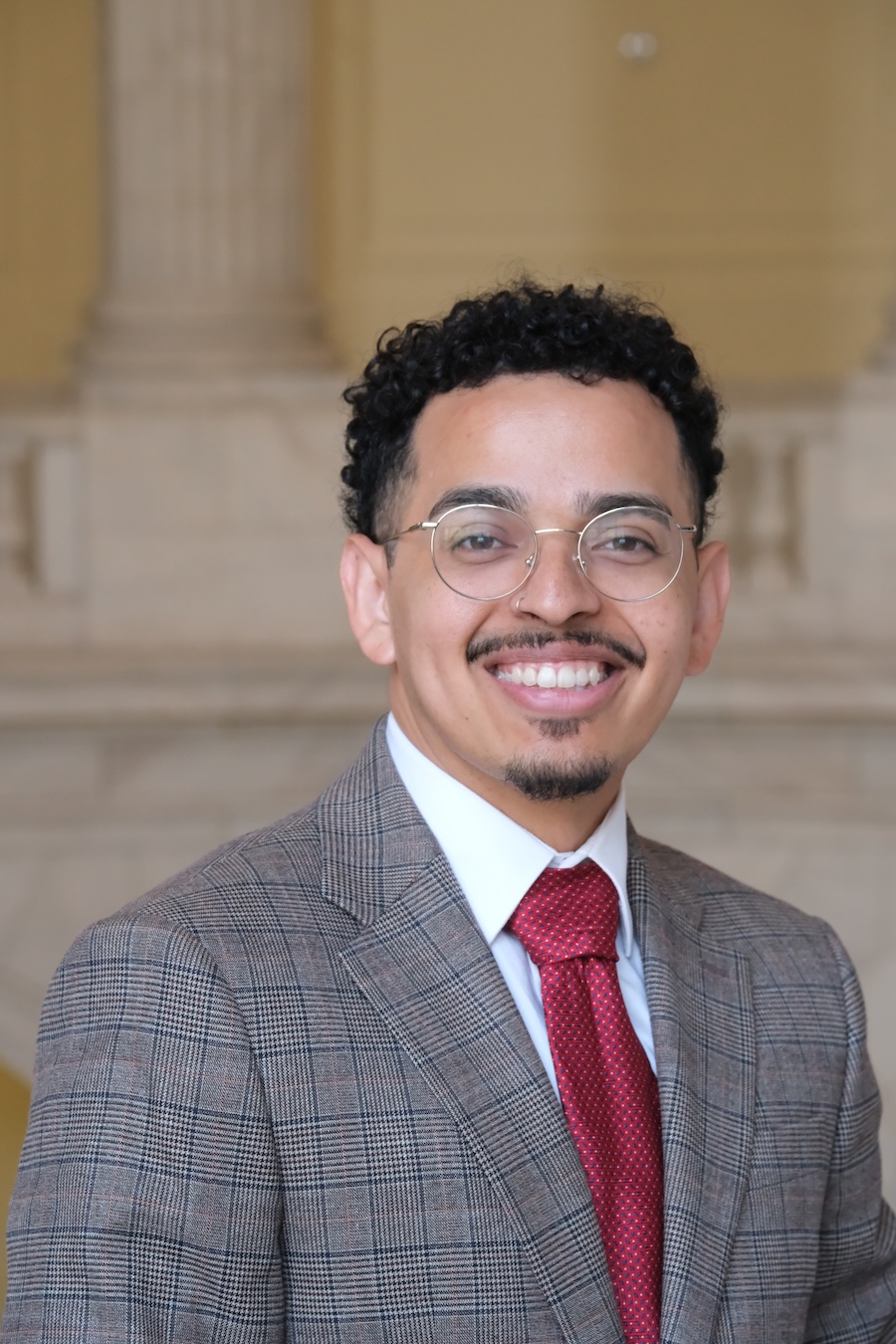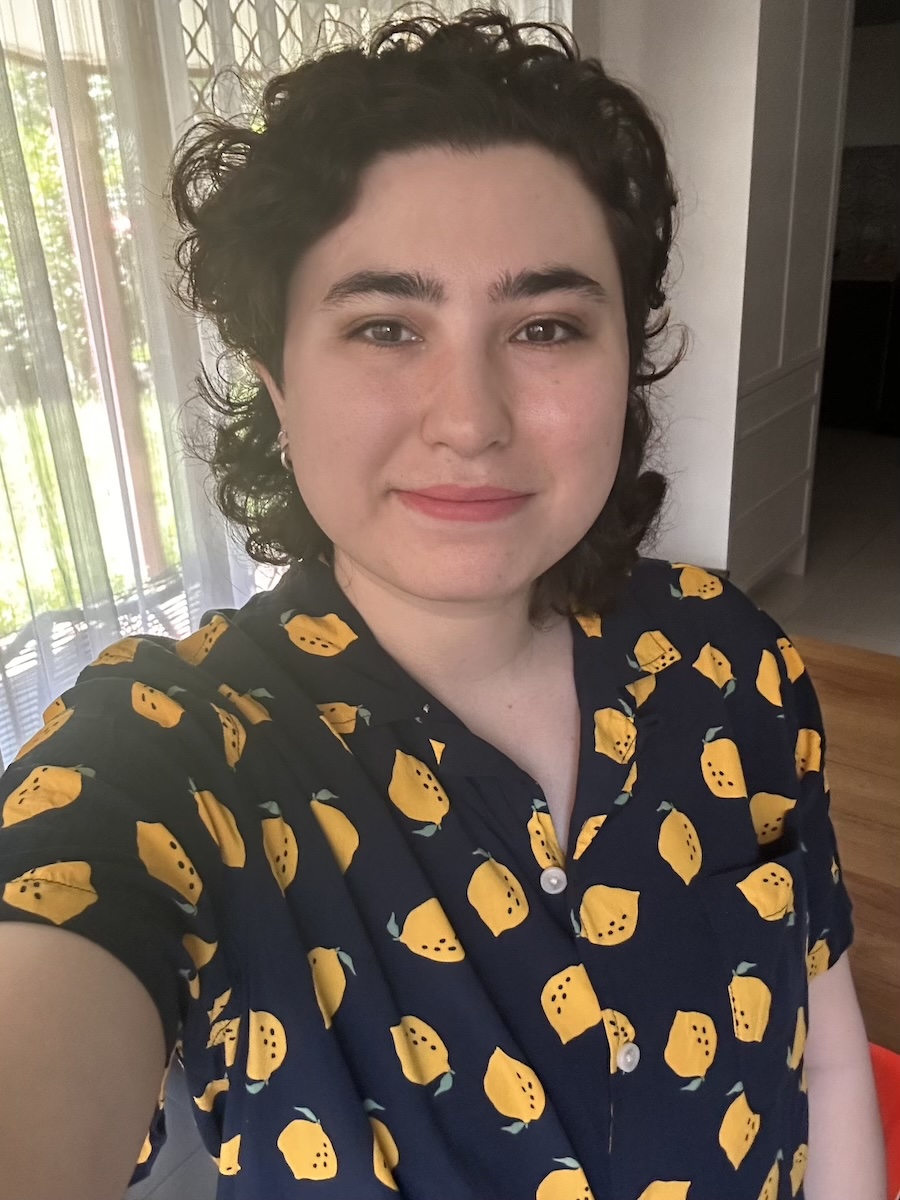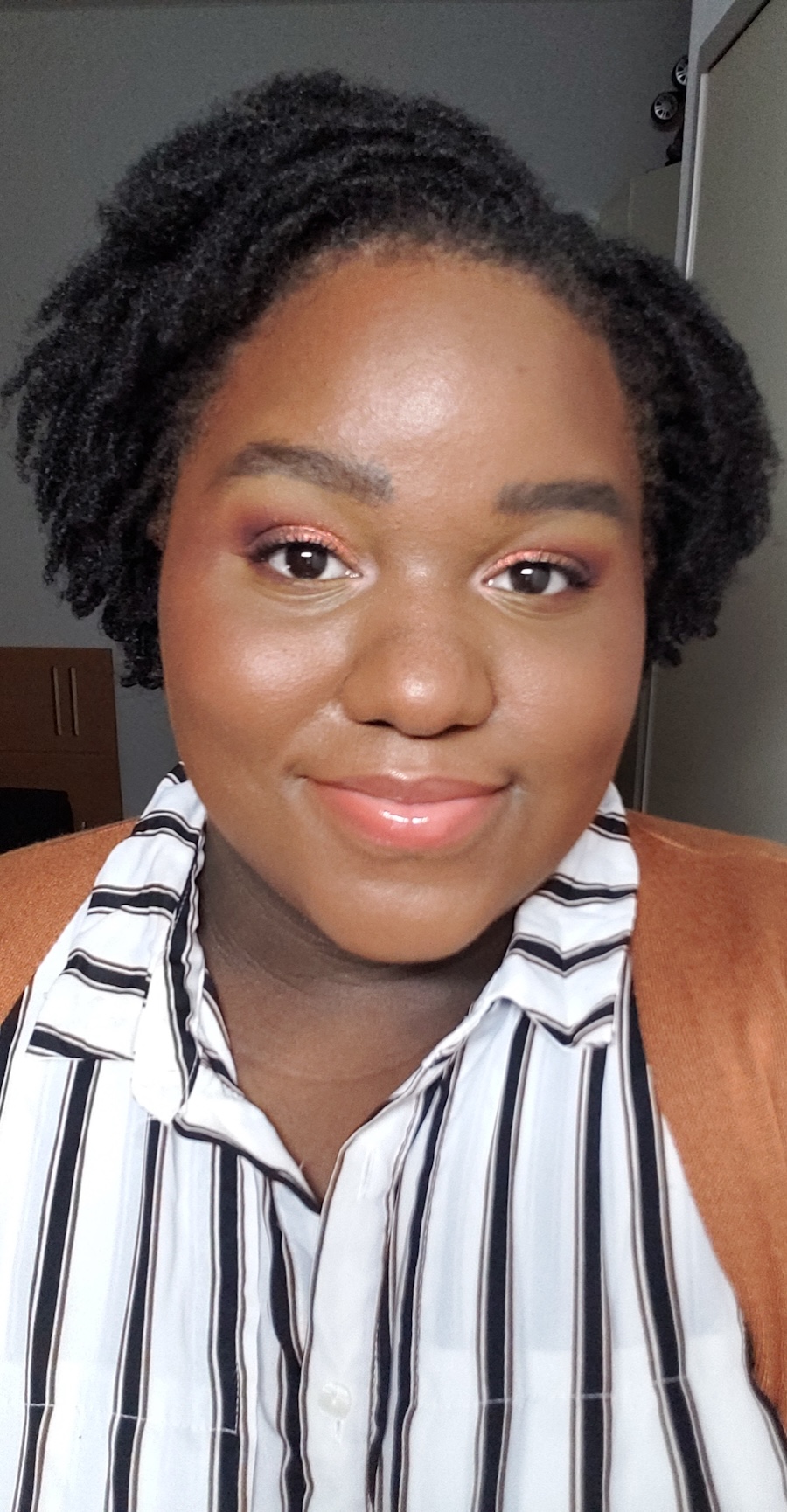What have you been up to since graduating from Bowdoin?
Since graduating, I’ve focused on serving both my local and global communities. I spent several years in Taiwan with the Fulbright Program, working with educators to promote cross-cultural understanding in primary schools. After returning to Miami, I served as a research analyst for the Miami-Dade Board of County Commissioners, helping craft policy solutions to urgent local issues. In 2024, I was awarded the State Department’s Charles B. Rangel Fellowship, which supports graduate study and a career in the US Foreign Service. I am now completing a master of science in foreign service at Georgetown University as I prepare to serve my country in the US Diplomatic Corps.
Why Asian studies?
My decision to major in Asian studies felt serendipitous but reflected a deeper commitment to global knowledge and cross-cultural understanding. In classic liberal arts fashion, I spent my first year at Bowdoin exploring a wide range of potential majors, from economics to philosophy to religion. However, the classes that inspired me most—and the professors who supported and challenged me—were in the Asian studies department. Professors like Songren Cui, Belinda Kong, and Leah Zuo were brilliant scholars with a passion for mentoring students and helping them find their paths in the department. Along with other professors at Bowdoin, they opened up opportunities, sparked my curiosity, and expanded my sense of responsibility to understand perspectives beyond my own.
Are there any classes, professors, or experiences that had a lasting impact on you?
Two courses stand out: Chinese 101 with Professor Cui at 8:30 a.m. every Monday to Thursday during my first semester and Professor Kong’s Imagined Asias course in my junior year. Both professors couldn’t be more different, but they had an equally life-changing impact on my academic, professional, and personal trajectory.
What advice would you give to current students or recent graduates interested in your field?
Don’t be afraid to connect with professors outside the classroom. Even if you don’t know what you need or how to engage with them, just take the leap of faith and reach out, because they’re incredible people. The moments when I connected with them felt deeply enriching. Many professors are eager to share life lessons, wisdom, and professional guidance, making them an invaluable resource.


